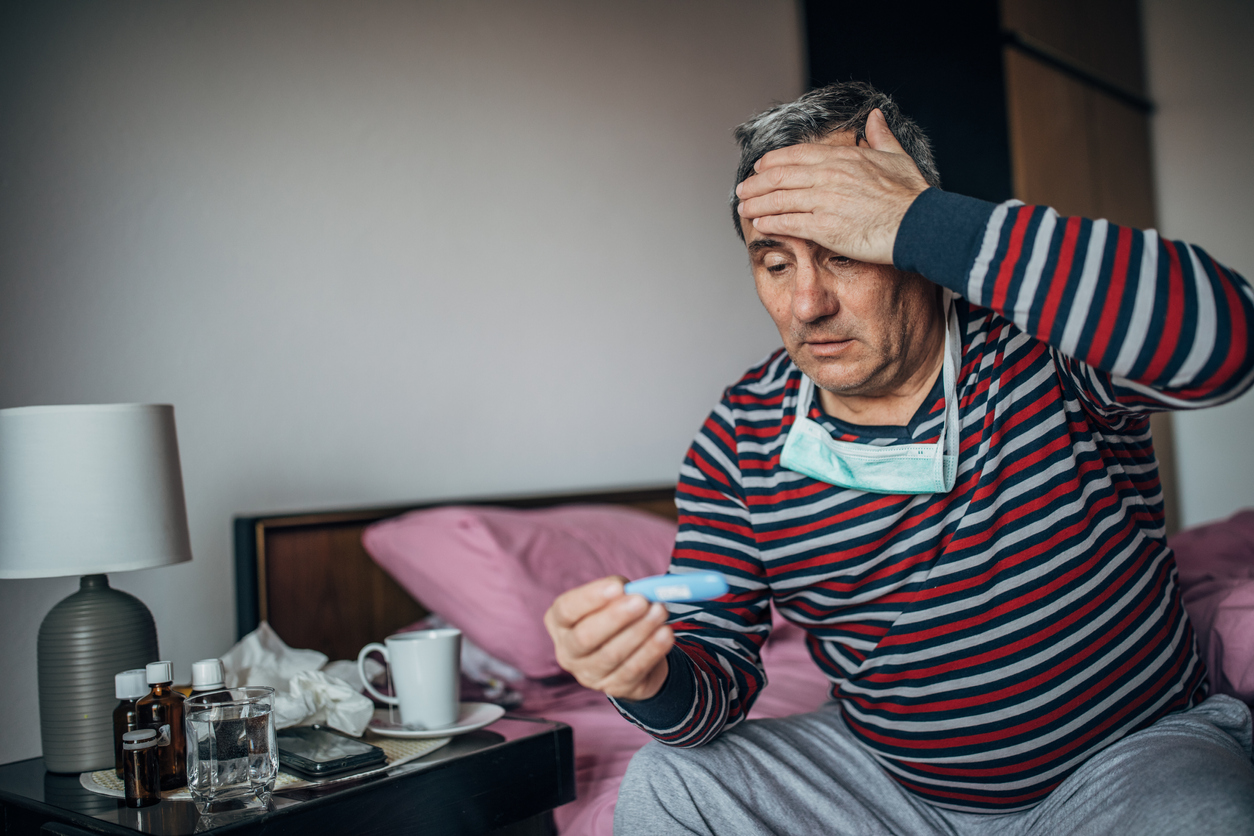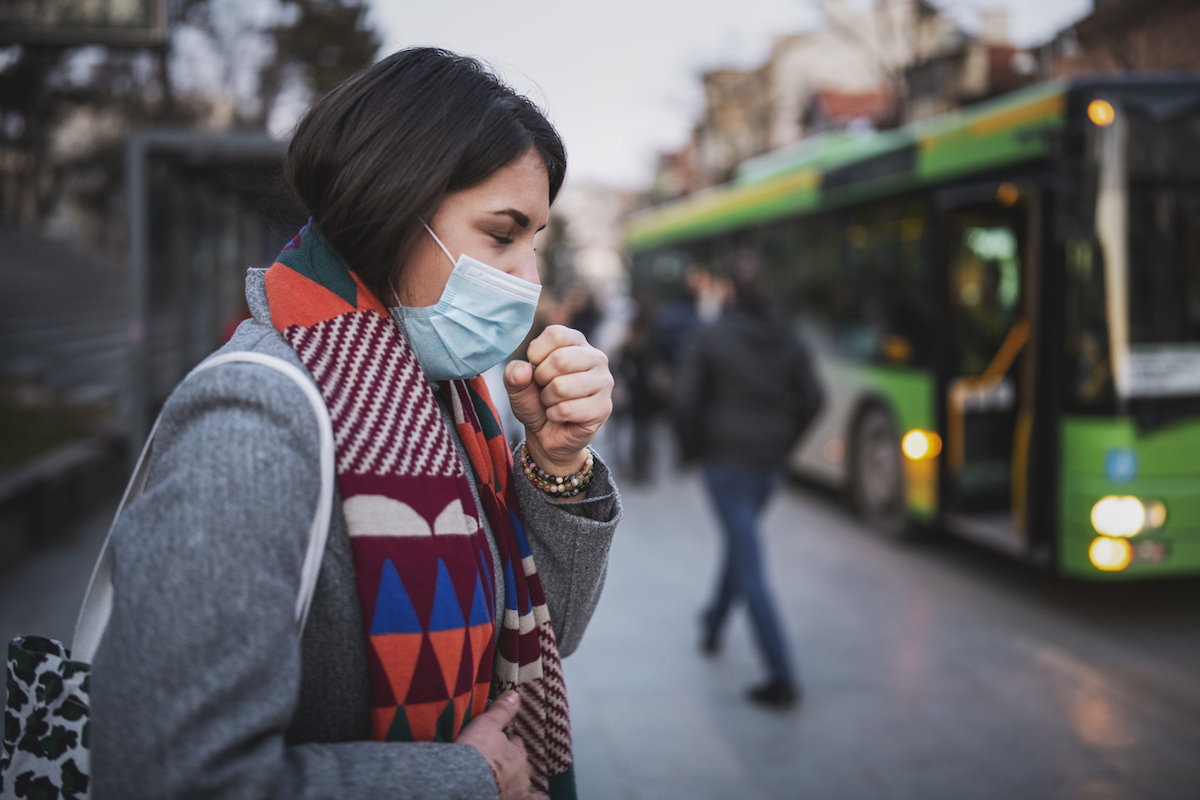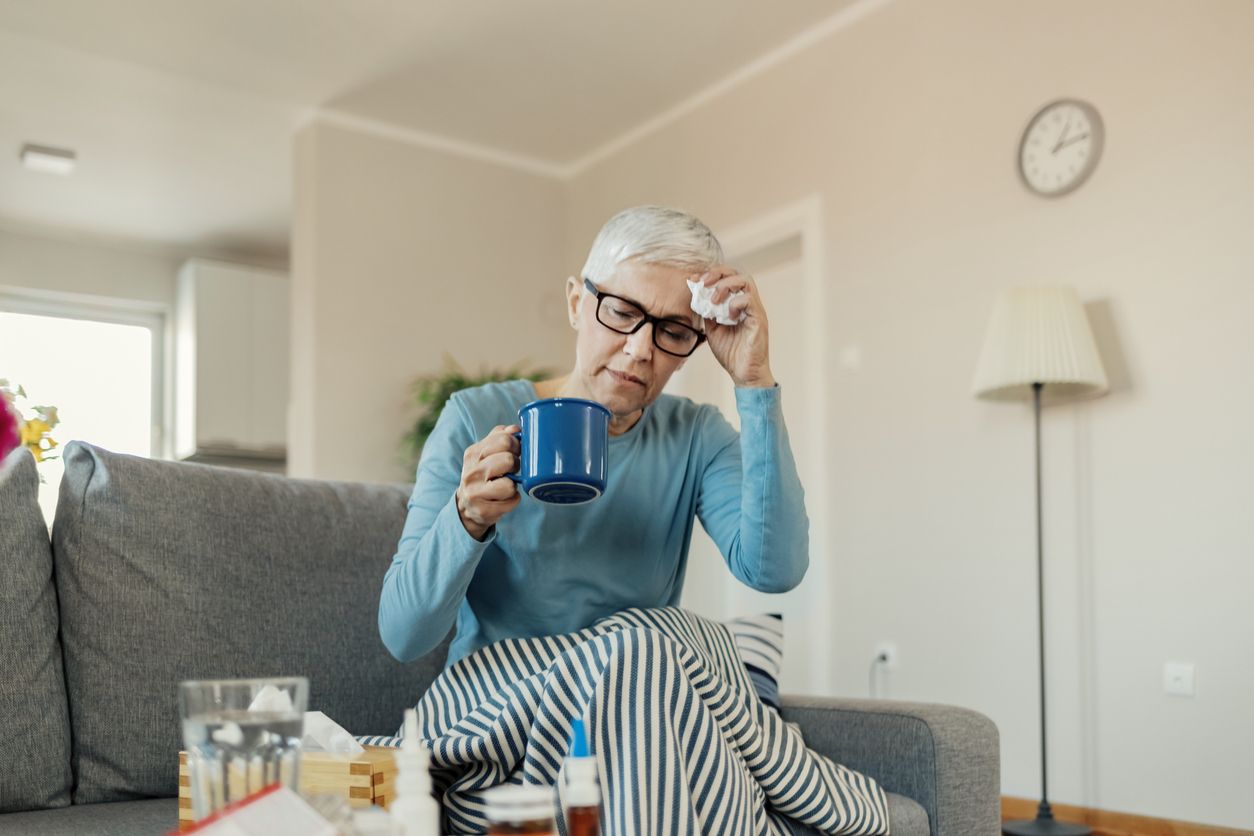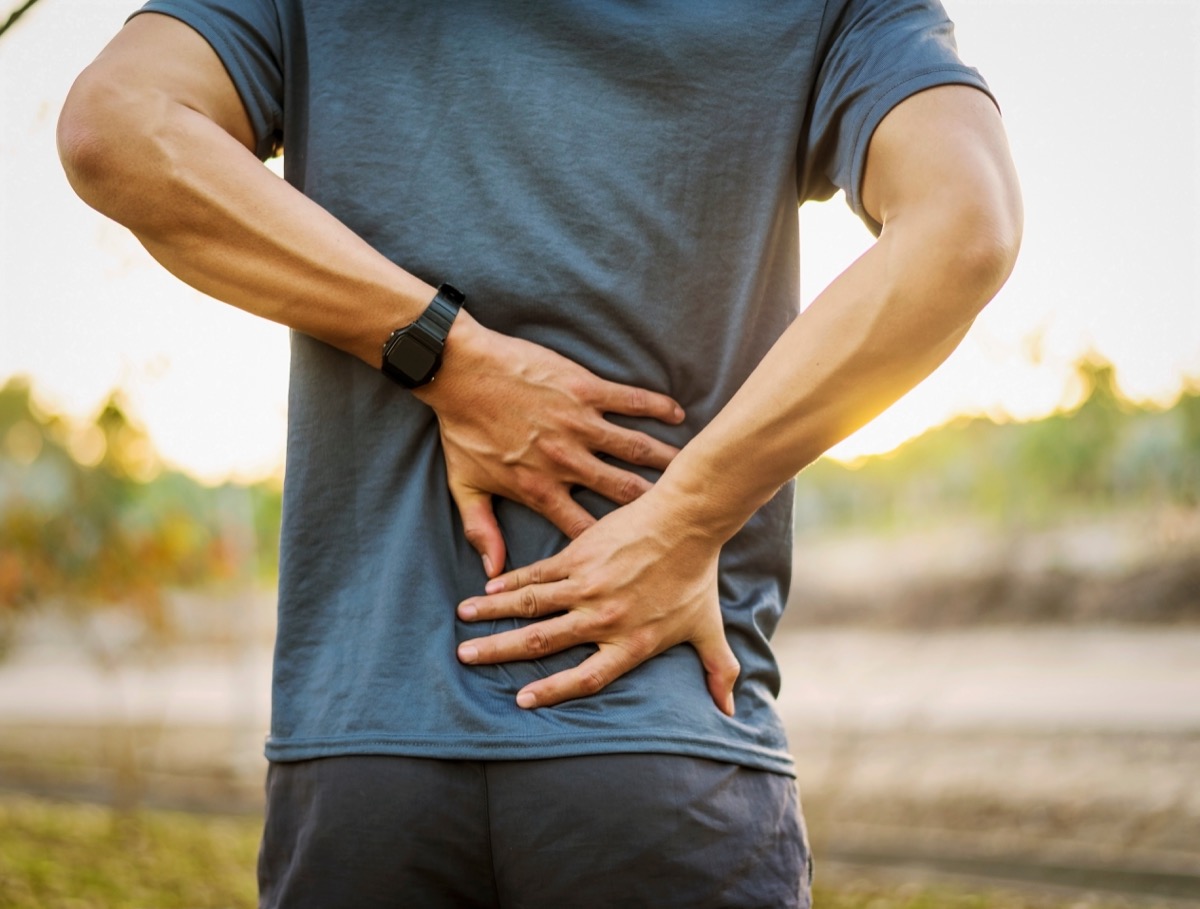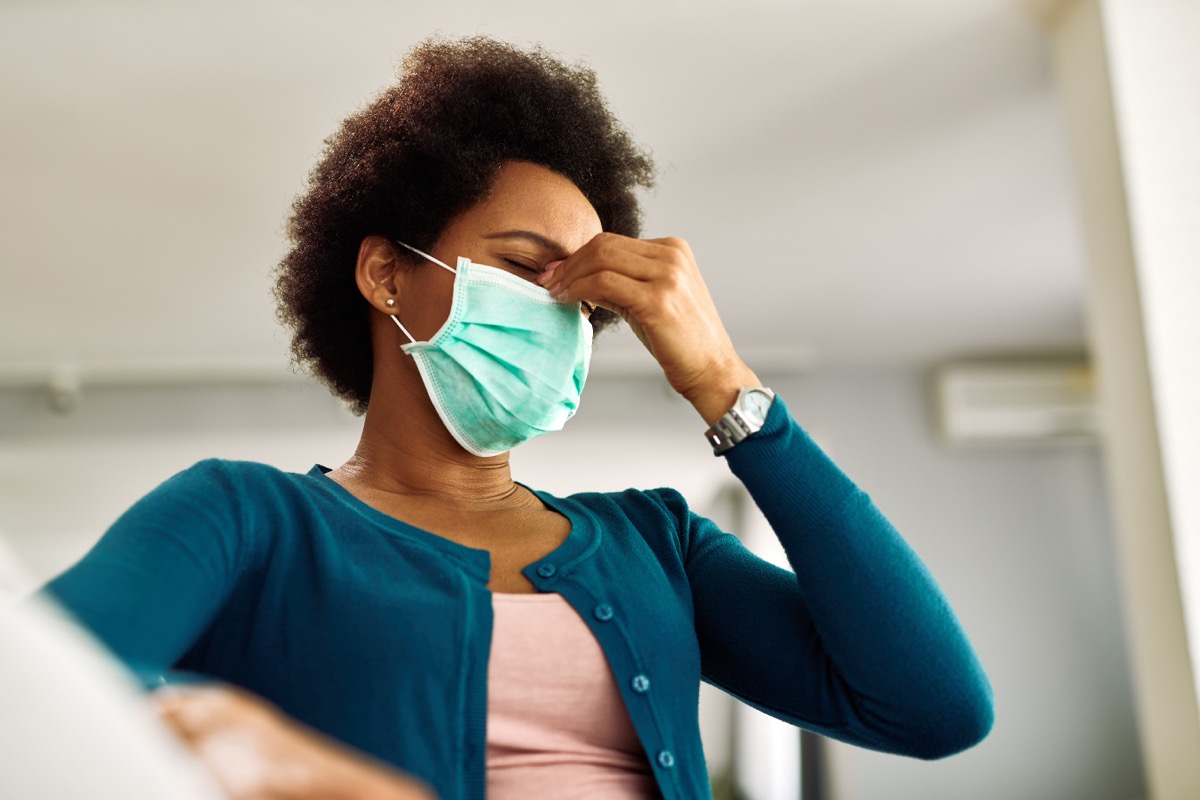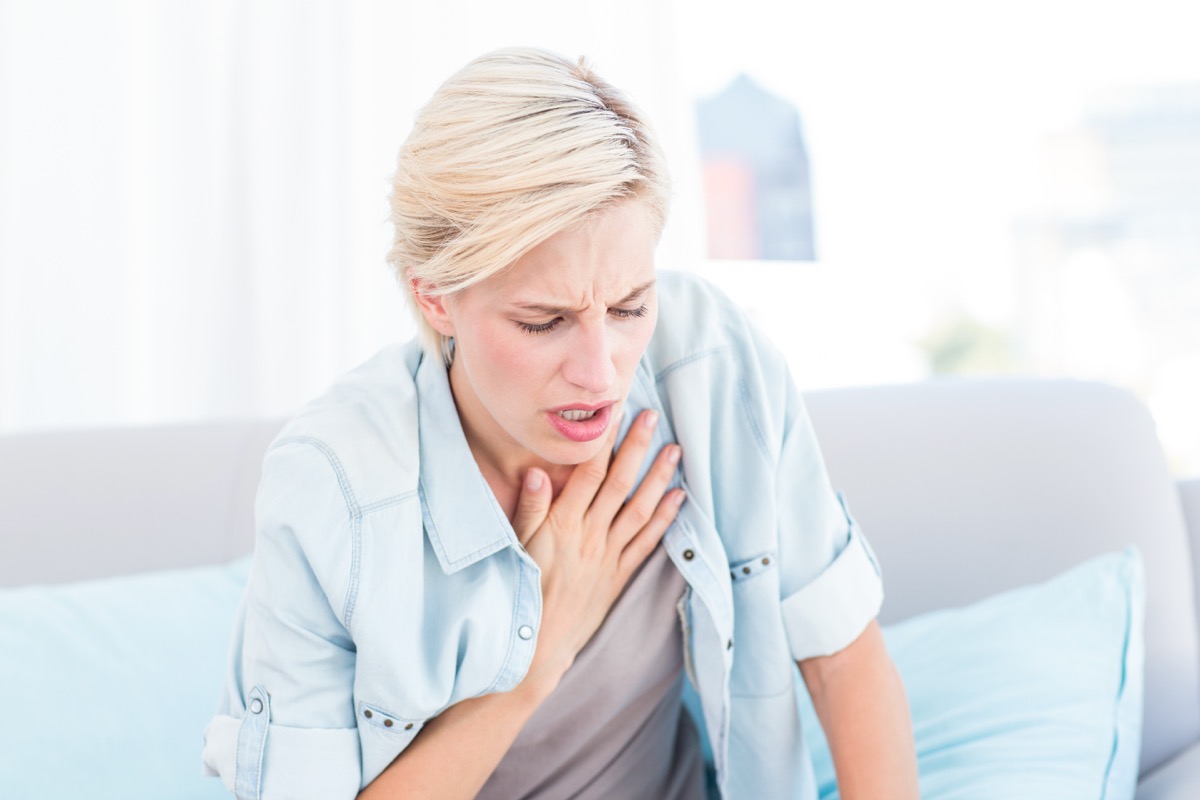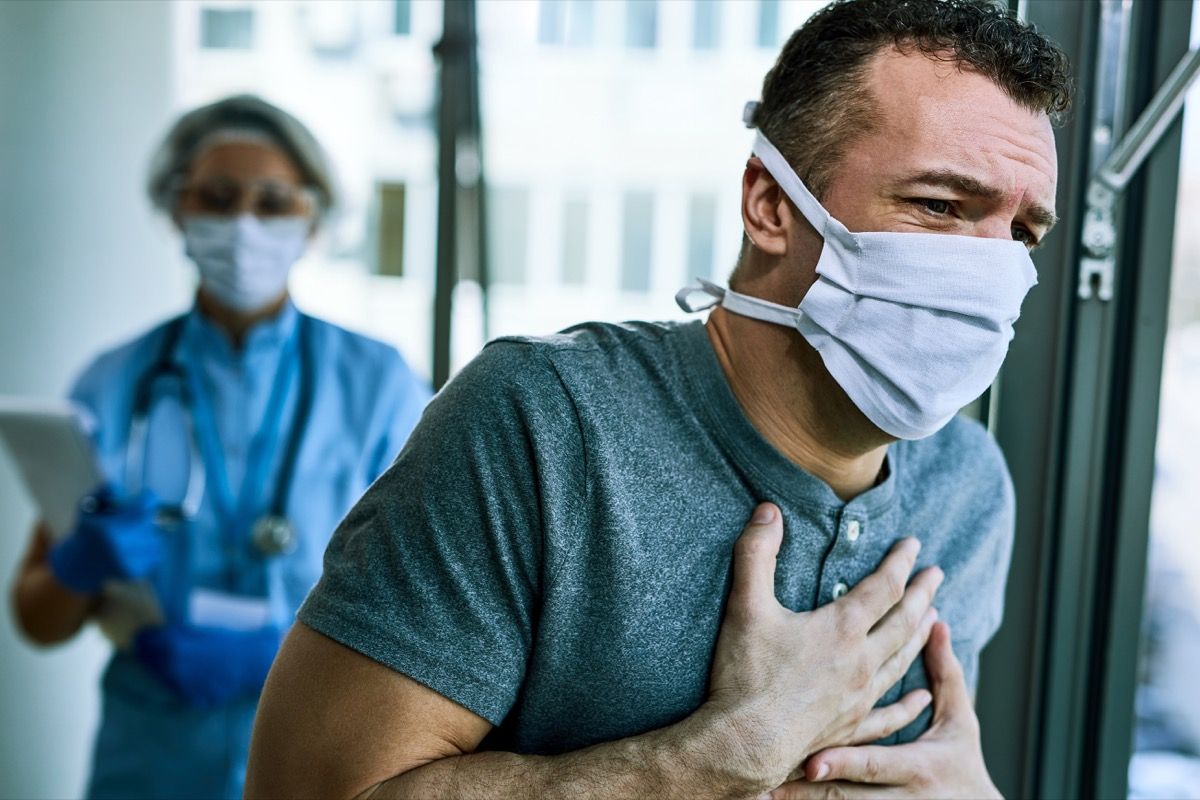The recent study was conducted by a team from University College London, who studied 590 patients in the U.K. who reported suddenly losing either their sense of smell or taste; 567 of the patients were then given coronavirus tests. Their results, which were published in the journal PLoS Medicine on Oct. 1, showed that 80.4 percent of subjects reporting anosmia—AKA the loss of smell—and 77.7 percent of those who lost their sense of taste tested positive. “Our findings show that loss of smell and taste is a highly reliable indicator that someone is likely to have COVID-19 and if we are to reduce the spread of this pandemic, it should now be considered by governments globally as a criterion for self-isolation, testing, and contact tracing,” Rachel Batterham, MD, study leader from University College London and University College London Hospitals, said in a statement. “People who notice a loss in their ability to smell every day household odors such as garlic, coffee, and perfumes should self-isolate and seek PCR testing.” Mounting evidence has pointed to the loss of smell as one of the most reliable symptoms of COVID-19, providing health care workers with at least one stable marker to use when triaging patients—especially amid flu season. “There are altogether different things going on when it comes to smell and taste loss for COVID-19 patients, compared to those with a bad cold,” Carl Philpott, PhD, of the University of East Anglia’s Norwich Medical School, said in a statement on a related study. “It means that smell and taste tests could be used to discriminate between COVID-19 patients and people with a regular cold or flu.” Curious about more symptoms that could be clear warning signs that you have coronavirus? Read on for the 10 most common COVID symptoms, based on a survey of survivors from the Body Politic COVID-19 Support Group. And if you’re curious if your nose is signaling a positive result, check out If You Can’t Smell These 2 Things, You May Have COVID. Read the original article on Best Life. Patients who experienced the symptom: 69.6 percent Patients who experienced the symptom: 72.4 percentae0fcc31ae342fd3a1346ebb1f342fcb Patients who experienced the symptom: 72.7 percent Patients who experienced the symptom: 74.6 percent And for more on your digestive woes, here’s How to Tell If Your Upset Stomach Is COVID, Doctors Say. Patients who experienced the symptom: 76.2 percent Patients who experienced the symptom: 83.5 percent Patients who experienced the symptom: 84.0 percent Patients who experienced the symptom: 85.3 percent Patients who experienced the symptom: 87.1 percent And for more regular updates on the virus, sign up for our daily newsletter. Patients who experienced the symptom: 98.4 percent And for the full list of frequent signs of the virus, check out The Most Common COVID Symptoms You Could Have.

